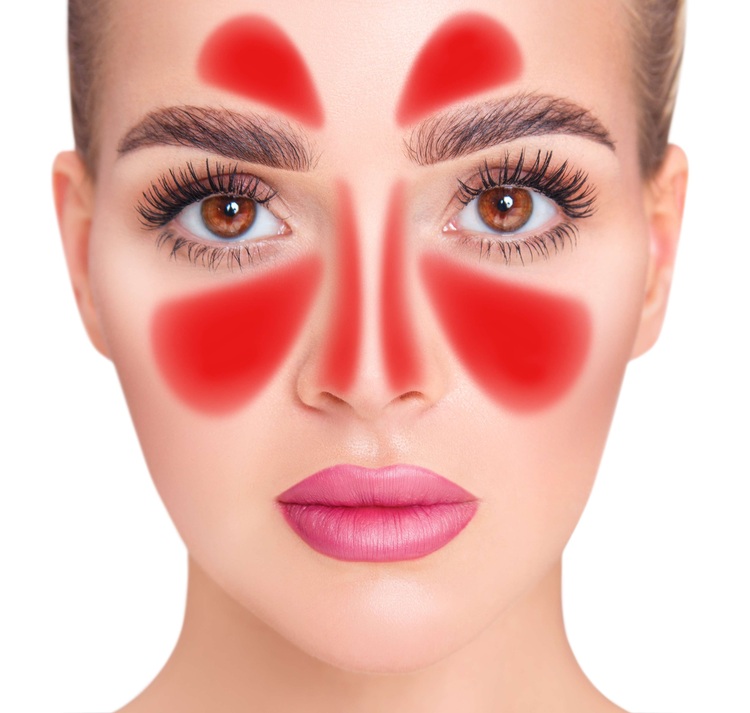A Fresh Look at the Healing Power of Music: A Symphony for Health and Wellness
Did you know that the soothing sounds of your favorite song might not just be lifting your spirits, but could also be enhancing your health? Let's take a deeper dive into this fascinating intersection of music and wellness. Music and health have shared a harmonious relationship throughout the ages. Ancient philosophers, including Plato and Aristotle, acknowledged music's profound influence on emotional well-being. In the 19th century, the advent of music therapy brought this historic relationship into the realm of science, providing a structured approach to using music for therapeutic outcomes. Pioneering studies in the 1950s began to reveal the physiological benefits of music, such as reduced heart rate and lower stress levels.

The Rhythm of Current Research
Fast-forward to today, and the connection between music and health is a thriving area of research. Numerous studies have demonstrated music’s ability to alleviate symptoms of depression and anxiety, reduce pain perception, and even enhance cognitive functioning. Experts suggest that the rhythm and melody of music can engage the brain, stimulate neurochemicals, and promote neuroplasticity, leading to these beneficial effects.
The Crescendo: Music as a Health Intervention
But how can we apply this research in our day-to-day lives? Enter music as a health intervention. This practice involves consciously incorporating music into daily routines or therapeutic settings to enhance health and wellness. This could be as simple as listening to calming music to wind down before bed or as specialized as participating in a music therapy session.
While the benefits of a musical intervention are extensive, it’s important to note that not all music is created equal when it comes to health benefits. Research suggests that the type of music, its tempo, and even the listener’s personal preference can all influence its health impacts.
Health Benefits: Striking the Right Note
Music’s health benefits are extensive and varied. It can:
-
Enhance mood and reduce stress: Numerous studies have found that listening to music can decrease cortisol levels, the body’s primary stress hormone, leading to feelings of relaxation and peace.
-
Improve cognitive function: Research has shown that music can improve memory recall and cognitive performance, particularly in individuals with Alzheimer’s disease and dementia.
-
Aid in physical rehabilitation: Music has been found to improve motor function in patients recovering from stroke. The rhythm of music can help retrain the brain and body to move together.
-
Provide pain relief: Music can also serve as a form of pain management. A study found that patients who listened to music before, during, or after surgery experienced less pain and anxiety than those who did not.
Musical Notes for Your Wellness Journey
Let’s explore some practical ways to embrace the healing power of music:
-
Make music a part of your daily routine: Whether it’s turning on some tunes while you cook or creating a calming playlist for bedtime, integrating music into your day can boost your mood and reduce stress.
-
Use music to enhance your workouts: Fast-paced music can motivate you to push harder during workouts, while slower music can help with cool-down stretches and yoga.
-
Explore music therapy: If you’re dealing with a specific health issue, consider seeking out a certified music therapist. They can guide you in using music to support your healing journey.
In conclusion, music is more than just a form of entertainment. It’s a powerful tool for health and wellness that’s backed by science. Whether you’re tuning in to your favorite songs or exploring music therapy, harnessing the healing power of music could be a harmonious addition to your wellness journey.




